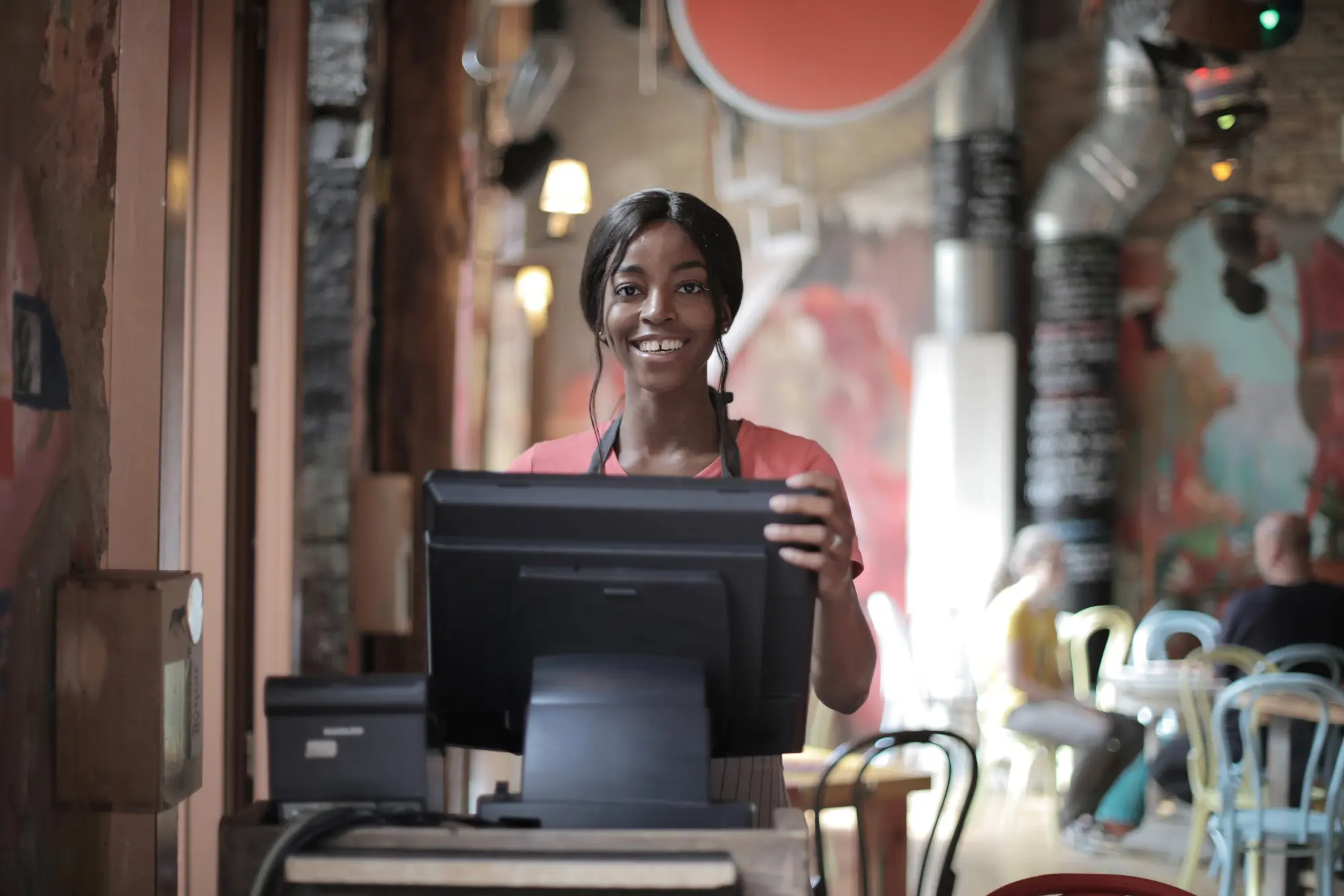What makes a kitchen a fair place to work? If you’ve seen the #FairKitchens hashtag on social media and wondered exactly what it’s about, meet the movement dedicated to ensuring a happier, healthier work life for everyone.
Founded in 2018 amid growing awareness of widespread wellbeing and mental health issues throughout the foodservice and hospitality industries, #FairKitchens calls for a radical shift in culture, arguing that healthier work environments at a company level make for a more resilient and sustainable industry overall. It strives to create a fairer, more inclusive and happier environment, in order to retain the talent currently in the industry and attract more in the future.
Why is it needed?
In 2017, research by Unilever Food Solutions uncovered that 74% of chefs were sleep deprived to the point of exhaustion, 63% were depressed and over half felt pushed to breaking point. A shocking one in four had been subjected to physical abuse in the workplace. As a supplier to the foodservice industry, Unilever Food Solutions came together with a group of chefs and partners to initiate the #FairKitchens movement. Today, the campaign has attracted the support of chefs, operators, hospitality businesses and experts around the world.
As hospitality businesses struggle to right themselves in the wake of the pandemic, there is a crippling shortage of employees across the foodservice industry. COVID-19 acted as a wake-up call, and many of those forced to find other work when hospitality businesses closed have not returned; the Restaurant Association of Ireland estimates that over 70,000 people in Ireland alone have left the restaurant sector since the pandemic hit. Long-standing systemic issues such as low pay, unsustainably long hours and toxic working conditions are no longer viewed as tolerable, especially by the younger generation entering the workforce. No meal should come at a cost to someone’s well-being.
The #FairKitchens campaign aims to start a conversation around these unhealthy working conditions, recognising the underlying issues and highlighting what is needed: better compensation, better treatment, increased recognition and a better work-life balance. There is also the need to encourage diversity, bringing more women, people of colour and LGBTQ+ people into what has long been a guardedly male, overwhelmingly white industry. Making the kitchen a welcoming and rewarding place for people with a wider range of experiences and backgrounds can only result in more creativity and inspiration.
How does #FairKitchens work in practice?
Building a #FairKitchen starts with management, leading this much-needed change in culture from the top down. The next step is hiring the right people, bringing everyone on board under the same explicit ethos. When everyone is dedicated to leaving older ways of working behind and striving to create a positive environment for the entire team, that’s when real change can be made. There is also a commendable focus on providing solutions, from free leadership and mental health training for chefs to dedicated resources for the LGBTQ+ community and a downloadable well-being check-in sheet.
What is the #FairKitchens code?
The #FairKitchens Code is the starting point of the movement and emphasises the creation of a healthy kitchen culture based on open communication, passion, support and teamwork. This is illustrated through the use of the acronym TEAMS:
- TALK OPENLY about how you are feeling. Encourage communication to avoid any build-up of resentment.
- EXCITE PASSION, reminding yourself and others why you love what you do. Train, mentor and inspire your staff.
- ACT AS ONE to support each other and stay connected. No matter the ethnicity, gender or religion of your staff, remember that you share the same goal. Show respect at all times.
- MAKE TIME for breaks. Plan shifts of a reasonable length and encourage a healthy work-life balance. Allowing staff time to rest and recharge will keep motivation and productivity levels high.
- SAY ‘GOOD JOB’ for the small things. A pat on the back can make someone’s day.
